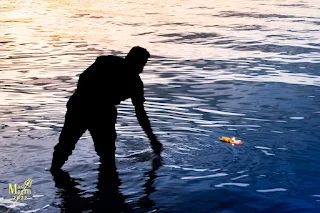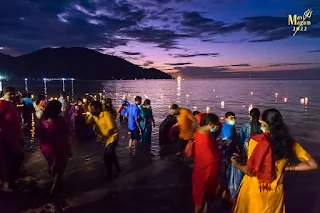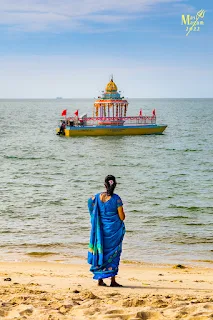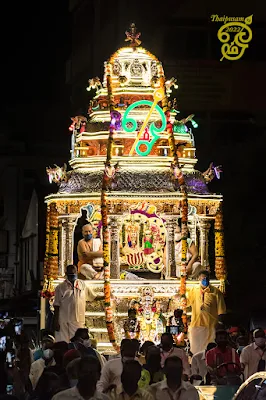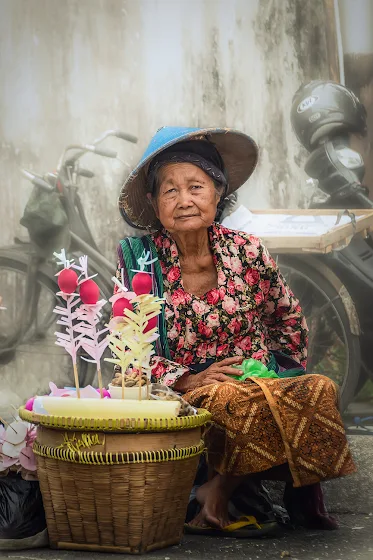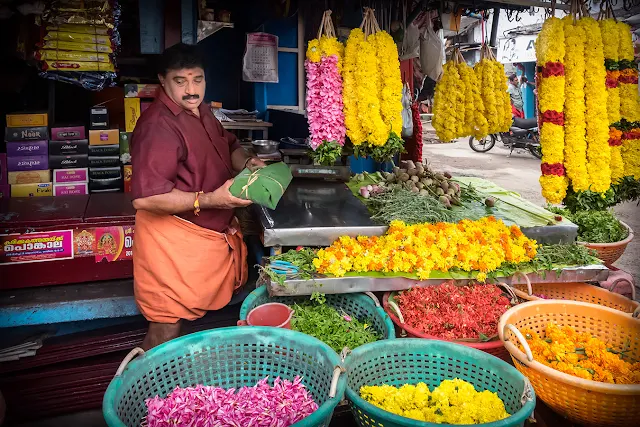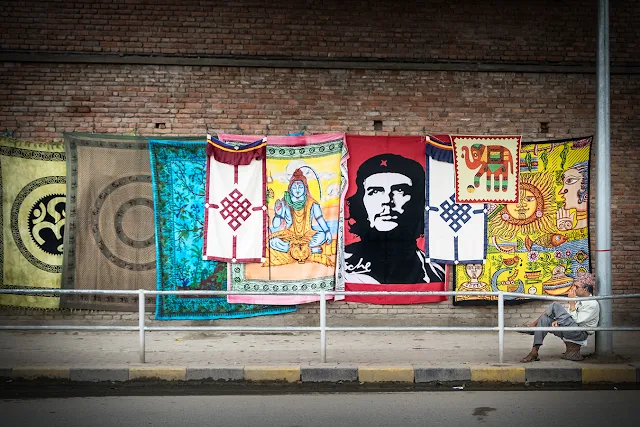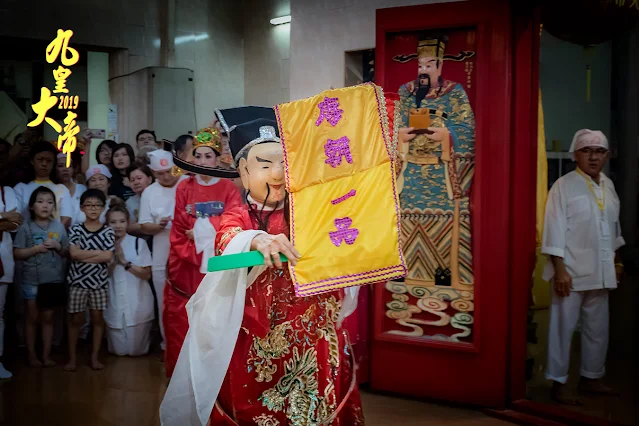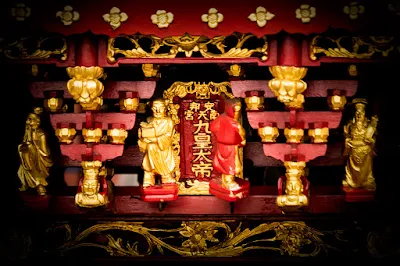A photoblog of stories, events, culture and travel. Let the images tell you what I see.
Saturday, January 21, 2023
Happy Lunar New Year 2023
Monday, December 19, 2022
Counting Down to Thaipusam 2023 - 49 More Days
Saturday, October 29, 2022
The Hill, the Mist and the Leaf Monkeys...
.jpg) |
| One of the dusky leaf monkeys playing at the back of the abandoned quarters along the old Waterfall Road. |
Wednesday, March 23, 2022
Bringing Iron Rod Puppets to Life - Kim Giak Low Choon Teochew Puppet Opera
Thursday, February 17, 2022
Masi Magam Theppa Thiruvizha 2022 @ Penang
So what is Masi Magam?
Monday, January 17, 2022
Thaipusam 2022 - Another year of the festival under the pandemic and the pandemonium of SOPs
Sunday, April 18, 2021
Comtemplation in the Market...
Monday, March 22, 2021
Memories of Jogja Istimewa -The Endog Abang Lady
Monday, January 11, 2021
Can Malaysia Survive Another Covid-19 Lockdown?
 |
| An empty Petaling Street on a Sunday... Wonder how many customers did the old uncle selling Ban Chang kueh (peanut pancake) gets each day? |
Thursday, December 31, 2020
So Long... Farewell Penang Ferry Service
As the year draw to a close, we bid farewell to 2020 and also the historical Penang Ferry Service, which will make its last trip today, ferrying both vehicles and passengers to and from Penang to Butterworth.
The ferry service, which started off as a passenger-only service by Quah Beng Kee and his four siblings in 1894, was later upgraded to became a vehicle and passenger service in 1925.
The operations of the ferries were later taken over in 1924 by Penang Port Sdn Bhd., a subsidiary of the Penang Port Commission (formerly Penang Harbour Board), and in 2017, it was then transferred from Penang Port Sdn. Bhd. to the Malaysian government owned Prasarana Malaysia for a token sum of RM1 and rebranded as Rapid Ferry.
I remember as a kid all the ferries were painted yellow and it was a joy when we crossed the straits as we would get down from the car to watch jellyfishes bobbing in the sea as the ferry passed by.
Later on these ferries were given a coat of multicoloured paint (as in the picture taken in 2014) and in 2017, some of these iconic ferries even had attractions of Penang painted on them!
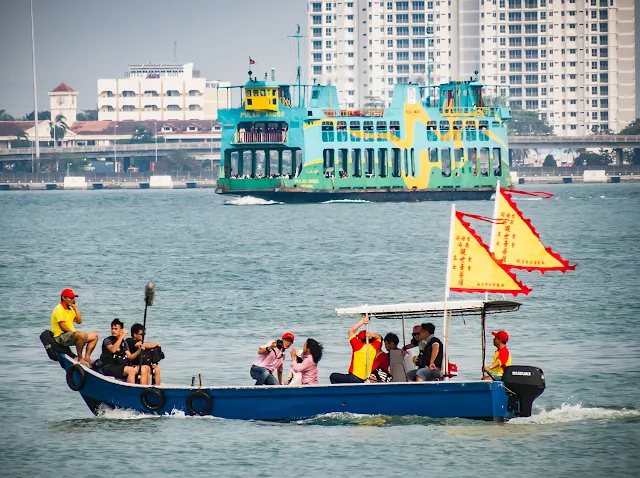 |
| The iconic Penang Ferry (Pulau Angsa) as seen in 2014 from the Hean Boo Thean floating temple in Weld Quay, Penang. |
Alas the ferry service will come to an end as 2020 closes... and this Penang iconic monument with 125 years of service history will be relegated to mere mentions in history books and our fond memories of the past. Farewell to our beloved Penang Ferry!
Monday, November 23, 2020
Flower Power... the Florists of Chalai Bazaar Trivandrum
Sunday, November 01, 2020
Streets of Kathmandu... Rugs for Sale
Sunday, October 04, 2020
Nine Emperor Gods Festival: Bizarre Body Piercings When the Spirits Descend...
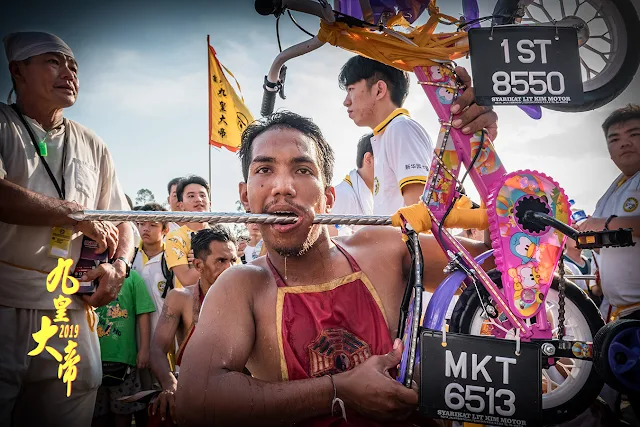 |
| A spirit medium with a big rod through his cheek connected to a small push bike during the 2019 Kuala Pilah Nine Emperor Gods Festival procession |
 |
| Having a metal bar pierced through your cheek isn't a typical job for the faint-heated or the uninitiated. |
Tuesday, September 29, 2020
Will the Show Still Go On after Covid-19?? - Countdown to Nine Emperor Gods Festival 2020
Friday, September 25, 2020
Nine Emperor Gods Festival - All About The What, Who, Why, When and Where of this Festival
- In 2020 - 17th till the 25th of October.
- In 2021 - 4th till the 13th of October.
- In 2022 - 24th of September till the 3rd of October.
- A good start is this academic paper by Cheu Hock Tong entitled - The Festival of the Nine Emperor Gods in Malaysia: Myth, Ritual, and Symbol.
- Read my past postings in 2016 to find out more about the little details of this festival:
- ⇒ Nine Emperor Gods Festival Countdown - 11 More Days until...
- ⇒ Nine Emperor Gods Festival Countdown - 1 More Day.
- Google it...there are lots of resources and views on the festival online.
- Meat/animal products including dairy and eggs ( this includes wearing leather garments/items)
- Five pungent root vegetables (onion, garlic, leek, garlic chives, spring onion) - although some only abstain from garlic.
- Alcohol (allowed in some places, especially where beer companies sponsor the temple banners).
- Sexual contact.
- Negative actions, feelings and thoughts.


.jpg)
.jpg)
.jpg)
.jpg)
.jpg)
.jpg)
.jpg)
.jpg)
.jpg)
.jpg)
.jpg)
.jpg)
.jpg)
.jpg)
.jpg)
.jpg)
.jpg)





